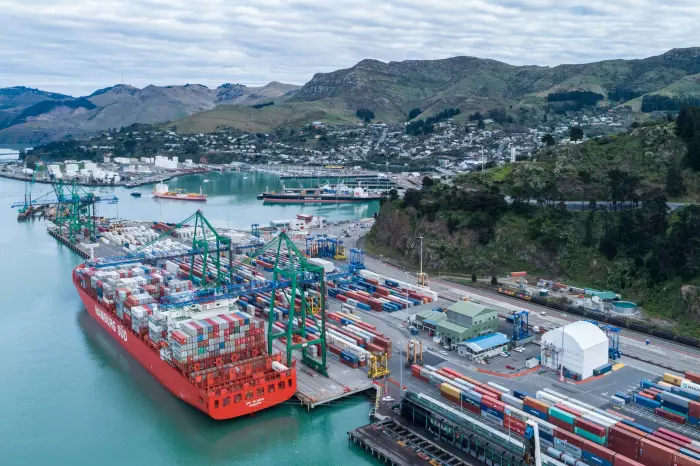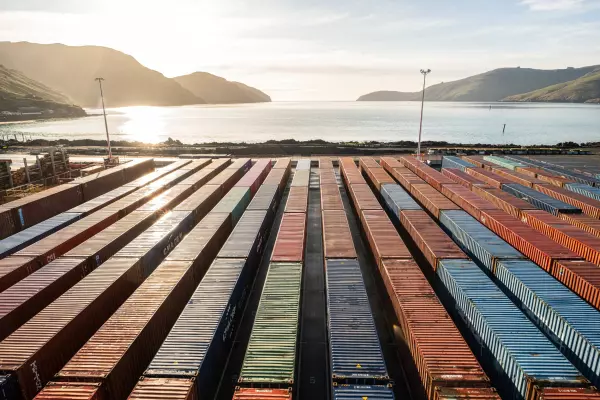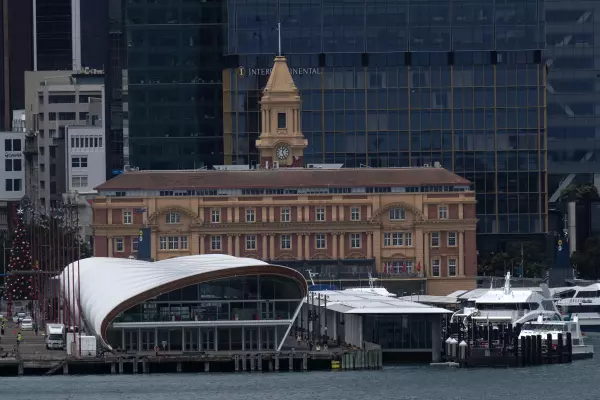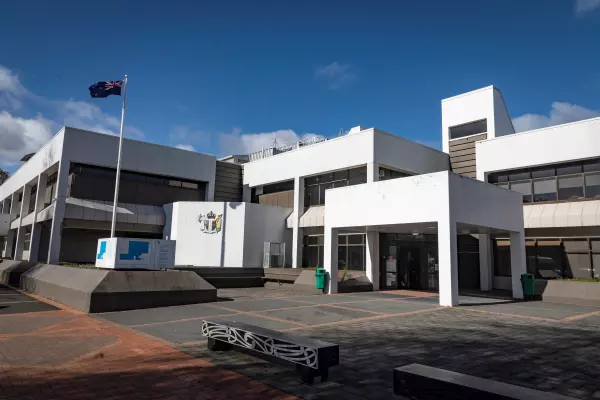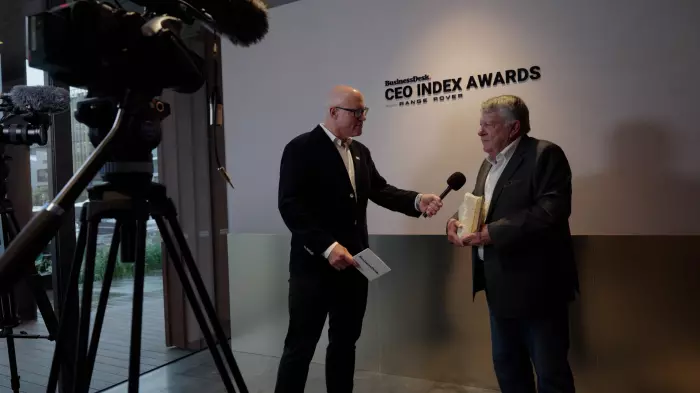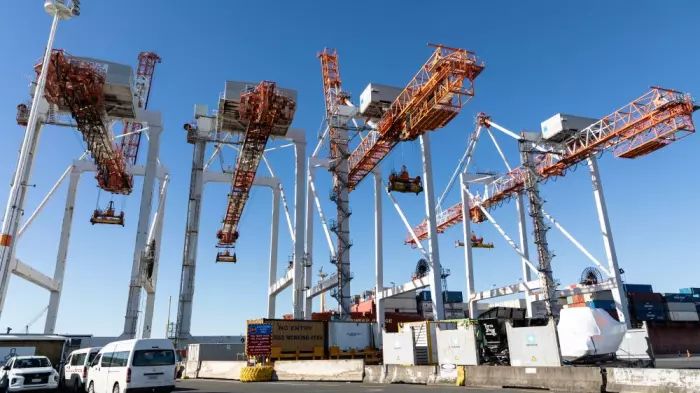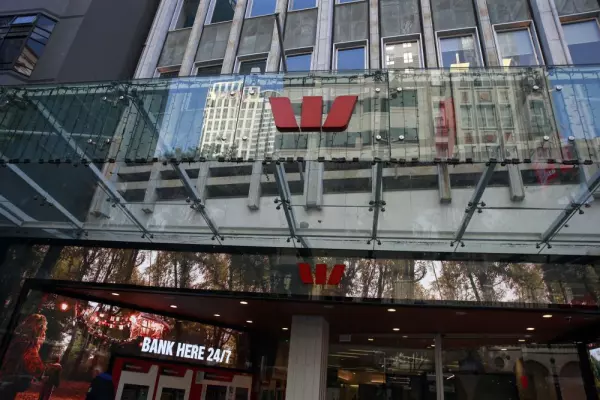An investigation involving the chief executive of Christchurch council’s holding company was triggered by a whistleblower.
Tim Boyd, who started as CEO of Christchurch City Holdings Ltd (CCHL) in March, went on leave while an investigation was carried out.
CCHL, which holds billions of dollars of assets on behalf of the council, has described the focus of the probe as “relating to communications” between the CEO and the board.
The investigation, which was first reported by BusinessDesk on the day the resignations of both CCHL chair Jeremy Smith and fellow director and Christchurch councillor James Gough were announced, concluded no further action was needed.
CCHL hasn’t answered questions about how long Boyd, who previously worked as an adviser at the Ministry of Social Development, was on leave.
On Thursday, the organisation issued a statement saying the investigation took place under the Protected Disclosures Act.
“For the protection of the parties involved, no further information shared or discussed under the protection of the act will be made available.”
Speaking generally, professor Michael Macaulay, a whistleblowing expert and professor of public administration at Victoria University of Wellington, said the act offered protection to people who came forward with information about alleged serious wrongdoing.
“Disclosers are entitled to confidentiality even if they were mistaken about serious wrongdoing,” he said.
The act, which has since been replaced by an updated version, also provided for protection against retaliation from employers and immunity from civil, criminal and disciplinary proceedings.
The law doesn’t just cover staff. Board members are also able to make protected disclosures under the act.
Resignations
Council-owned CCHL, which pays a dividend to the city council, controls six active trading companies, including Christchurch International Airport (CIAL) and Lyttelton Port Company (LPC).
The resignations of its longstanding chair and Gough were announced on the New Zealand stock exchange website on Monday due to CCHL's $450 million of listed bonds.
CCHL attributed Smith’s departure, which takes effect in October, to overseas travel commitments. Gough had been on the board for almost nine years.
At least two other members of what had been a seven-person board are likely to depart soon, too. Christchurch mayor Lianne Dalziel and deputy mayor Andrew Turner are both on the CCHL board, but are not seeking re-election to council.
BusinessDesk understands there was tension between Boyd and some board members.
Last December, city councillors endorsed a letter of expectations to CCHL directing it to undertake a strategic review looking at things such as its purpose, key objectives and its governance structure.
Multiple sources have told BusinessDesk that Boyd wanted the review to be carried out by top consulting firm Boston Consulting Group, but didn’t inform the board. When the board found out, directors allegedly took issue with the cost.
The CCHL statement said the council had appointed Northington Partners as its independent advisers to undertake the review, without comment on whether Boston Consulting Group had been approached or hired to do the work.
Profit up
The council-owned holding company released its results for the 2022 financial year on the New Zealand stock exchange website on Wednesday.
The CCHL group recorded a net profit of $121m for the year to June 30, up 30% on the $93m it achieved the previous year.
Total operating revenue was up 3% to more than $1b.
In June, CCHL paid a $16.1m dividend to the council.
Of its trading companies, LPC, which increased container volumes and pricing, reported a 27% increase in net profit, taking profits for the year to $18.7m.
CIAL had a slight decrease in operating revenue (which is still 26% lower than pre-covid levels), however net profit was up 51% to $58.7m, largely due to fair value gains on its investment property.
Lines company Orion reported a 4%, or $11m, increase in operating revenue, driven largely by higher electricity distribution revenue. The company had a net profit of $35m for the year, up 6%.


